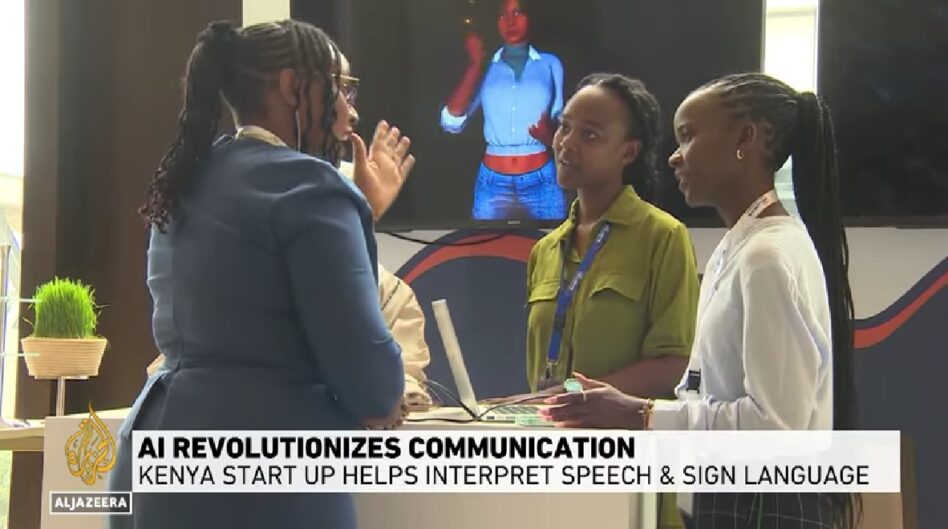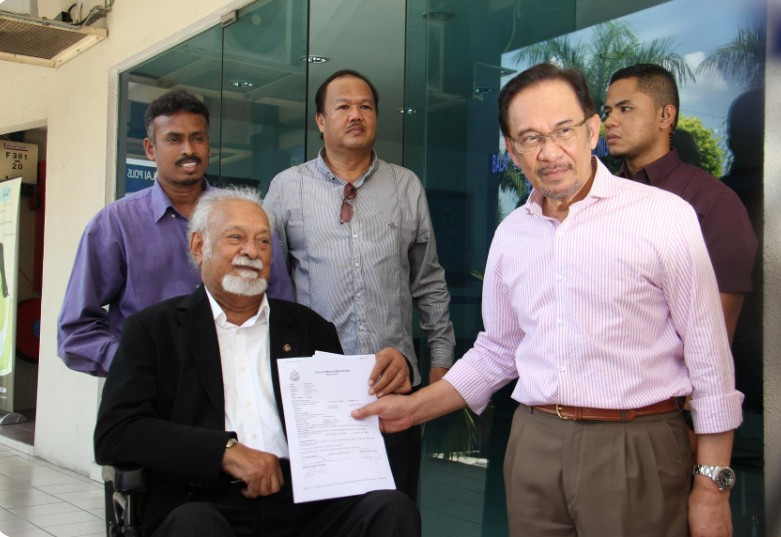ON March 15 last year, I pointed out the need to declare an all-out war against COVID-19 instead of continuing with protracted battles on a piecemeal basis with no end in sight. On that day, total number of COVID-19 infections have reached 428 in the country.
Three days later, the movement control order (MCO) was implemented. But instead of a temporary lockdown, we have been under various forms of MCO for over a year and still no light at the end of the tunnel.
Initially, the focus was centred on tourism recovery as soon as borders are reopened because many tourism businesses depended largely on inbound tourism, although its total receipts in 2019, at RM89.4 bil, was lower than the RM103.2 bil for domestic tourism.
But domestic tourism expenditure components included RM15.48 bil spent on automotive fuel, RM10.53 bil at visited households of friends and relatives, plus other expenditures by tourists that stayed overnight away from home and excursionists on trips returning the same day.
Only 18.5% of domestic tourists stayed at hotels, 3.8% at homestays or vacation homes, 3.6% at apartments, 1.7% at rest houses, and 1.5% at chalets, while a hefty 70.9% at unpaid accommodations hosted by friends and relatives.
The most visible casualty had been hotels, with many large and small having shut operations or closed altogether. And if interstate travel restrictions are not lifted soon, many more will follow suit, throwing more workers out of jobs with little chance of finding work elsewhere.
Recently, the Associated Chinese Chambers of Commerce and Industry of Malaysia (ACCCIM) disclosed that up to 80% of its members reported alarmingly low levels of cash reserves, prompting concerns that many could be forced to fold by June if conditions fail to improve.
The same warning was echoed by Industries Unite, a coalition of 110 trade associations representing 3.3 million business owners in the country.
If that were to occur, it would be catastrophic for our nation. Hence, all efforts must be made to prevent the dire situation from festering. We simply cannot continue with business as usual, as more lives could be lost caused by loss of livelihoods than those dying of COVID-19.
Whilst it is true that travel restrictions are needed to bring down infections and borders to be reopened, and few foreigners would want to visit Malaysia when COVID-19 infections remain high, we also cannot afford to wait indefinitely until daily cases are down to a low level.
To do so would see the demise of most tourism businesses especially hotels on the brink of collapsing. If so, when borders are eventually reopened, we would have lost most of our infrastructure, facilities and manpower needed to provide service for inbound tourists.
If existing industry players cannot survive on domestic tourism for these few years, they certainly would not be around in 2024 when tourism recovers. It would then be an exercise in futility to focus on recovery plans if they could not survive the year.
As I have pointed out previously, interstate travel restrictions should not be lifted overnight across the board by suddenly allowing large number of people to move about freely and mingle closely with others, especially with friends and relatives with minimum physical distancing.
Therefore, it was no surprise when COVID-19 infections surged after interstate travel restrictions were lifted from last Dec 7, and MCO had to be reimposed on Jan 13 for five states and three federal territories.
However, it is much safer to start with tourists staying in hotels. Those who have booked and paid for hotel accommodation in advance should be allowed to travel freely nationwide, with their travel dates tallying with hotel check-in and check-out dates.
The various hotel associations could jointly work out a foolproof mechanism that facilitates enforcement officers to inspect, and verify if need be, details of room reservations. Severe penalties are to be imposed on those using fraudulent reservations to deter abuse.
Hotels are the best barometers to indicate whether our economy is sustainable or about to crush. We can choose to save hotels that have been struggling to survive by allowing interstate travel immediately or let them go under by continuing with current restrictions. – March 22, 2021
YS Chan is Asean Tourism Master Trainer for travel agencies, master trainer for Travel & Tours Enhancement Course and Mesra Malaysia (both programmes under Ministry of Tourism, Arts and Culture). He is also a tourism and transport industry consultant and writer.
The views expressed are solely of the author and do not necessarily reflect those of Focus Malaysia.









